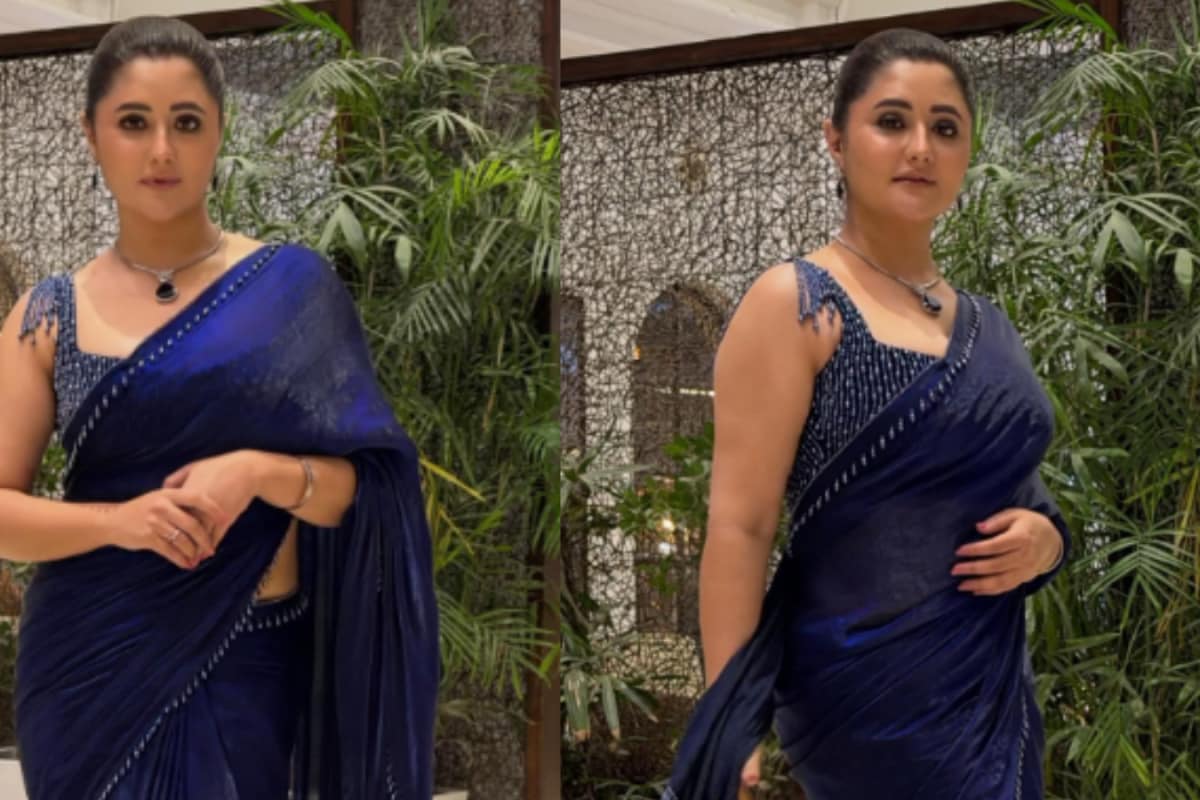Hilton Als Staff writer It’s hard to believe that it’s been almost twenty years since I first saw the great director David Cromer’s work. You don’t notice time passing when you’re in the presence of a bona-fide theatrical genius: you long for what’s next while pondering what you’ve just seen. “Orson’s Shadow” was the first piece that I saw Cromer shape.
That was in 2005. Up until then, I had only seen more or less conventional narratives conventionally directed; Richard Foreman and Elizabeth LeCompte of the Wooster Group were the only auteurs around, but they didn’t stage standard narrative plays. But here, on that afternoon in 2005, was an artist who had taken a character-driven piece and made it an atmosphere.

The actors were lit dimly; it was like watching figures edge their way through fog to get at your dreams. After that, I kept my eyes peeled for what the director, who is now sixty, put on. His early masterpiece was his 2009 interpretation of “Our Town,” in which he appeared as the Stage Manager.
Whoever saw that production wasn’t likely to forget it. He took Thornton Wilder’s homespun tale about loss and created an elegy that made you mourn for all the living you’d eventually lose, including yourself. A year later, there was “When the Rain Stops Falling,” and there it was again, Cromer’s auteurlike influence on a spectacle that was only enhanced by his love of the lost.
His dark lighting and his tendency to make a stage smaller pr.
























